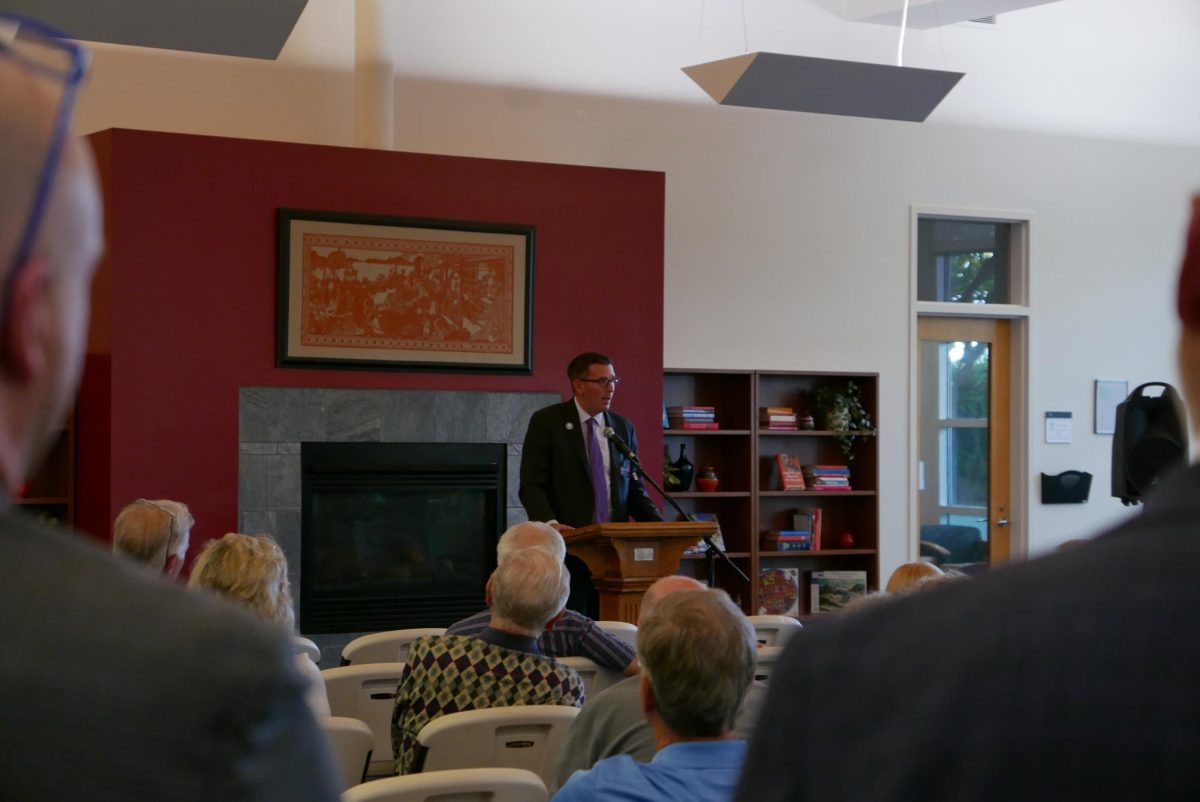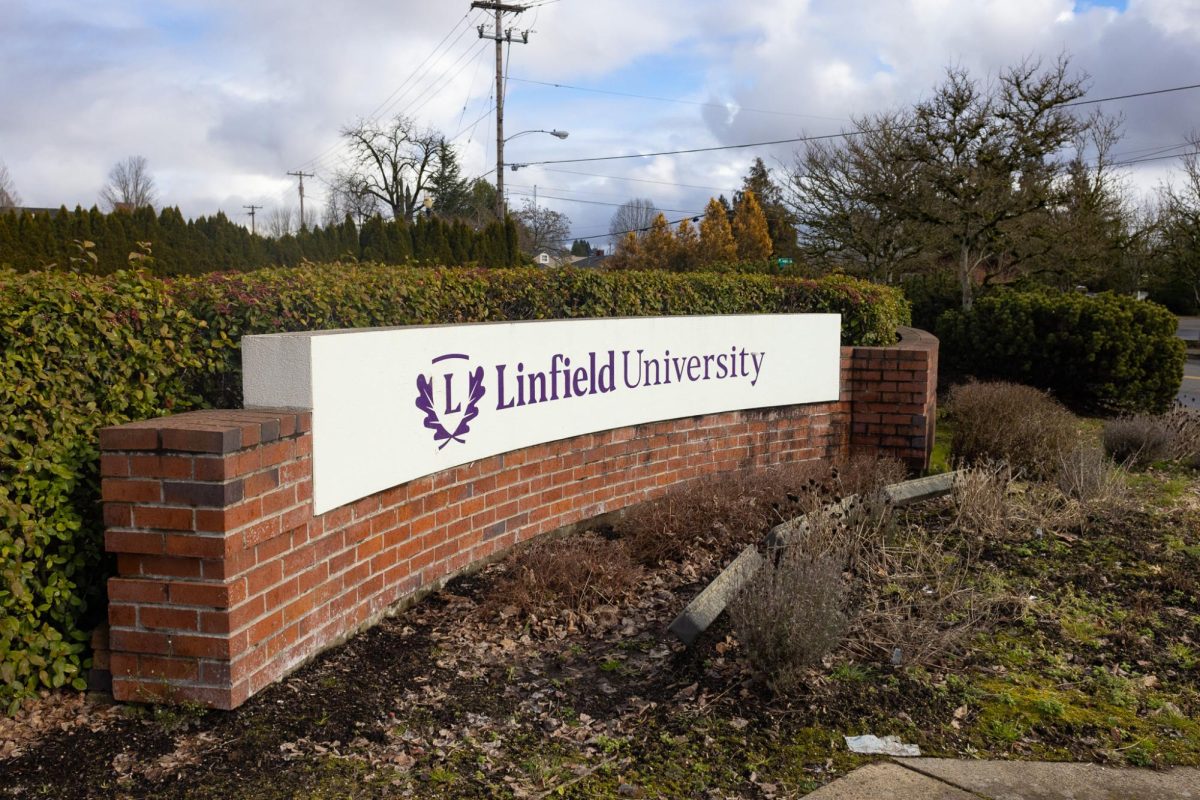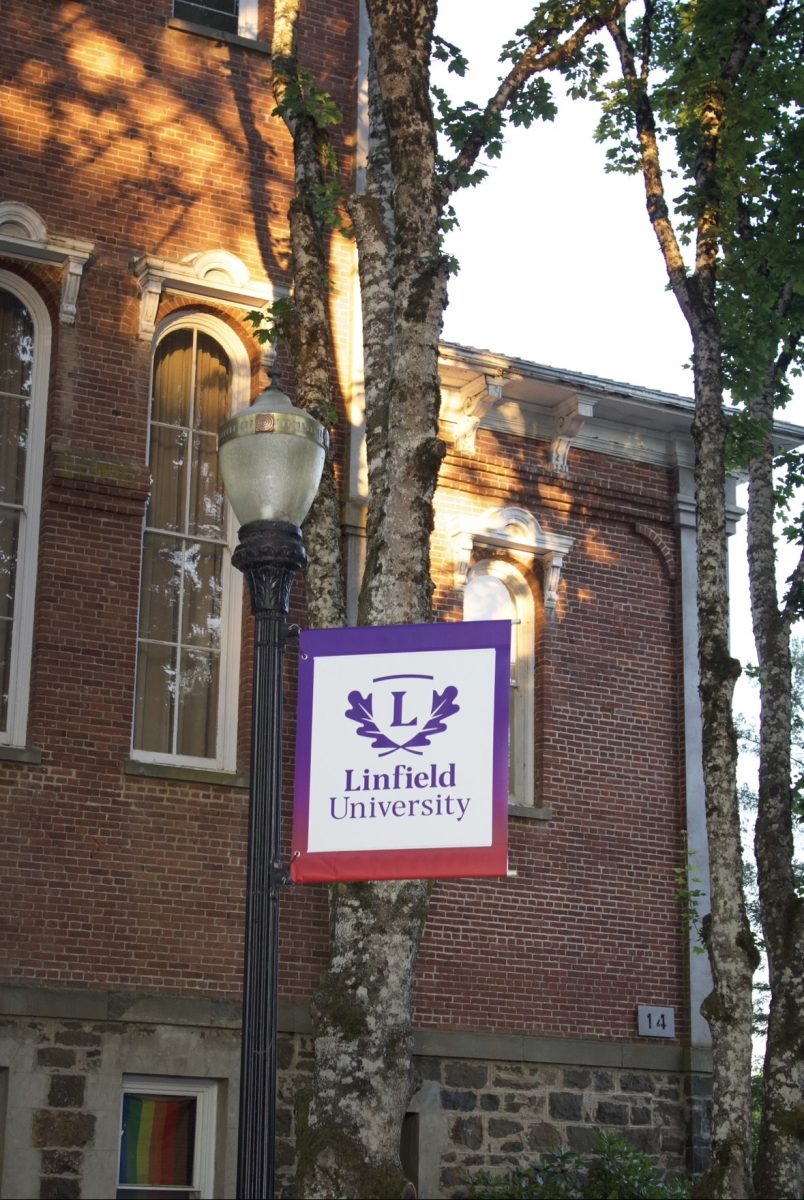Big changes have been made to Senate this year, including shrinking the size of its representatives and adding an application process to become a senator.
In prior years, clubs and programs have selected their own senators, however, the Associated Students of Linfield College found that typically many students in Senate weren’t as committed to their job as was hoped for. So, ASLC chose to make the process to join Senate more individualized. ASLC Vice President Bradley Keliinoi said he believes this new process will encourage more dedication within senators.
“By having this application process, we’re identifying those who are putting forth an effort to become a senator, who are displaying their motivation and desire to be in Senate rather than a club just sending a bunch of emails begging people to ‘Please, please, please be our senator,’ and getting students who don’t necessarily want to be in Senate,” he said.
In previous years, there were anywhere between 30 to 60 senators, however, Keliinoi said that typically there was just a core group of about 25 students who were active and engaged in their position.
Because of this, ASLC also decided to try out a new system of decreasing the amount of senators to a fixed number of 27.
“We thought that by shrinking Senate, we’d create a more engaged environment,” Keliinoi said. “We’re hoping that this way, senators will be more responsive to student needs and basically just make it a more efficient, productive body.”
Out of the 27 senator spots, the activities council is responsible for filling 19 positions. So far, they have received nine applications.
There were four freshmen applicants, four sophomores and one junior. There were no senior applicants, leaving the upperclassmen with many vacant spots to fill.
Although it’s not as many applicants as is needed, Keliinoi said that he was excited about the enthusiasm he saw in the applicants.
“Although few, I was very pleased with the applications we did receive,” he said. “A lot of them express interest in representing their student voice and they really wanted to get involved.”
Keliinoi said that he is still hopeful that the positions will be filled, since an issue for this year may have been communicating the changes.
“One of the problems is that some students may not have known of the changes,” he said. “For instance, some clubs still believe that each of them have to have a senator. Another reason is that some students just don’t have enough time to participate.”
Keliinoi, along with the rest of ASLC recognizes that it is the first year of changes, and there are inevitable problems ahead.
“Everything is so new this year that I expect there are going to be challenges in Senate throughout the year,” he said. “On the other hand, I think that some of the exciting things about being in Senate this year is getting to mold what a senator will do and their responsibilities. The senators this year will be able to build a foundation of what Senate will look like throughout the future years.”
In order to compensate for the changes that Senate has installed, their deadline, which was originally Sept. 14, has been altered to work on a rolling basis until the vacancies are filled.
“I want to encourage students to bring in their completed applications whenever [they can],” Keliinoi said.
______________________________________________________________________________________________
Andra Kovacs/News editor
Andra Kovacs can be reached at [email protected].






